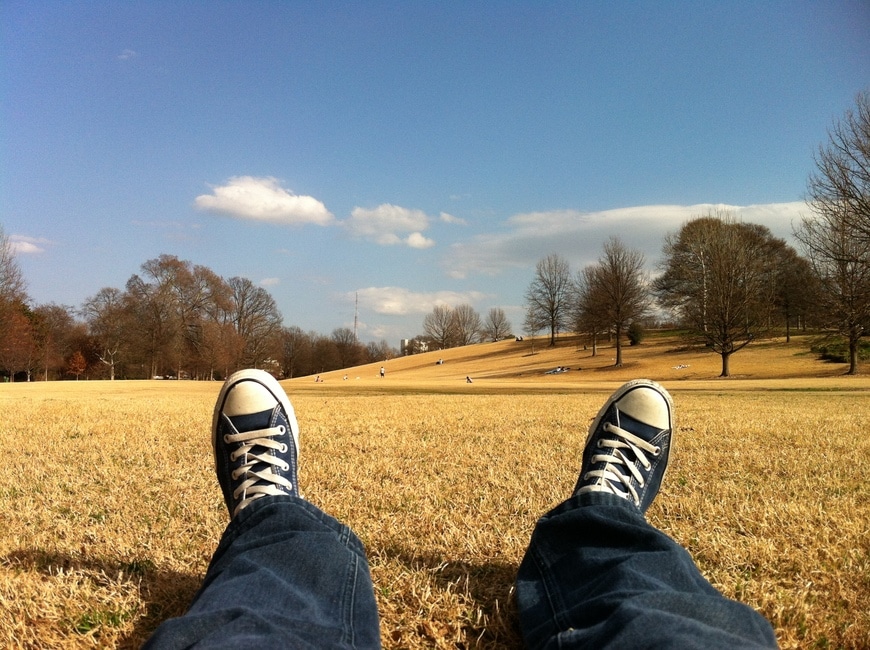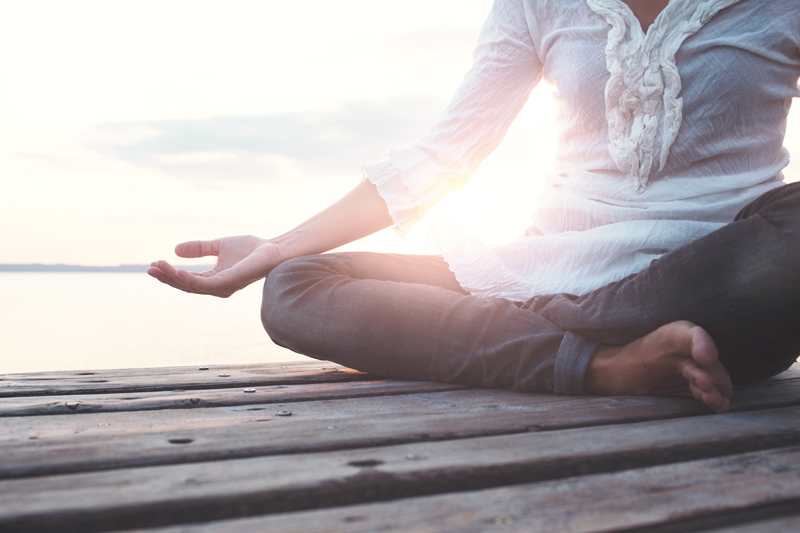Good news! Just relaxing is key to maintaining and increasing your testosterone levels.
An excellent way to boost your testosterone naturally is to take a good, hard look at your current lifestyle and habits… and to eliminate those things that are crippling your testosterone production.
Read more to learn why more sleep and less stress will positively impact your body’s testosterone output…
Get More Sleep to Make More Testosterone
Deep, restful sleep for at least 7 to 8 hours is a “must” when it comes to maximizing testosterone production.
According to a study published in the National Heart, Lung, and Blood Institute funded study, men who got less than five hours sleep a night for one week lowered their testosterone levels by 10 to 15% compared to when they slept at least eight hours a night.1
Your body produces most of its natural testosterone while you sleep.
Unfortunately, sleep deprivation is all too common among men. Much of it occurs due to poor sleep cycle programming, late night television viewing, working on a computer or device, social activities, and even working late night shifts at a job. All of these activities affect your natural circadian rhythms and sleep patterns.
If you suffer from sleep apnea, a respiratory problem that interrupts sleep there’s a good chance this, too, will lower your testosterone levels. This fact was confirmed in a 2002 study published in the Journal of Clinical Endocrinology & Metabolism.2
Without getting too scientific, lack of sleep disrupts your pineal gland’s natural production of melatonin – and subsequently the production of all other hormones, including testosterone.
How to support melatonin production and hormone balance…
- Make your bedroom a place to sleep, NOT a media or work center. Do not use electronic media devices or watch TV before falling asleep.
- Darken your bedroom as much as possible. Don’t sleep with a night light on, your blinds open, or your digital alarm clock glowing in your face. Ambient light disrupts your body’s melatonin release . . . and subsequently your testosterone production.
- Go to bed earlier as often as possible (best time is 10 p.m.). People who work night shifts or watch TV into the wee hours mess with their melatonin production.
- Avoid food and drink before bed – for about two hours before sleeping.
- Avoid caffeine in the evening. Caffeine found in coffee, tea soft drinks is a stimulant. It can interfere with your body’s “sleep signals.”
- Avoid exercising or stimulating activity before bed. It can stimulate your central nervous system and disrupt your body’s sense of needing rest. (Sex is the one exception… Sexual activity before going to bed is a natural sleep aid for men.)
Reduce Stress to Fight Off Low T
In our modern world, many of us experience stress daily. When under a lot of stress, your body releases high levels of the stress hormone cortisol. Cortisol blocks the effects of testosterone. Persons who face chronic stress could see their testosterone levels sabotaged over the long term.3
There are many ways to reduce stress. It’s important to figure out what works for you – and then commit to making longterm changes to support that.
Here are some of the most popular techniques to reduce stress…
- Exercise: using your body throughout the day is great medicine for stress and anxiety
- Emotional Freedom Technique: like acupuncture without the needles. For a detailed explanation of how this handy, free tool works, go to eft.mercola.com
- Meditation: practice quieting your mind to reduce mental “noise” and related anxiety
- Prayer: focusing your attention and intentions can have an impact on your stress levels
- Laughter: watch TV or movie comedies has many therapeutic benefits.
- Yoga: with the movement of exercise and the mindfulness of meditation, yoga is an excellent remedy for stress reduction.
- Visualization: create a visual image of how you’d like to feel. Your subconscious will understand and begin to help you make needed biochemical and neurological changes.
So what to do next? Simply relax! Taking care of your body and mind with increased sleep and stress reduction is a remedy that feels good.
References
Disclaimer: Despite the references provided, the information on this site is intended for educational purposes only. It is not meant to cover all possible precautions, drug interactions, circumstances or adverse effects. Please refer for advise and treatment by a licensed physician.
- http://www.ncbi.nlm.nih.gov/pmc/articles/PMC2453053/
- http://press.endocrine.org/doi/10.1210/jcem.87.7.8663/
- http://news.utexas.edu/2010/09/27/stress-hormone-blocks-testosterones-effects-study-shows







